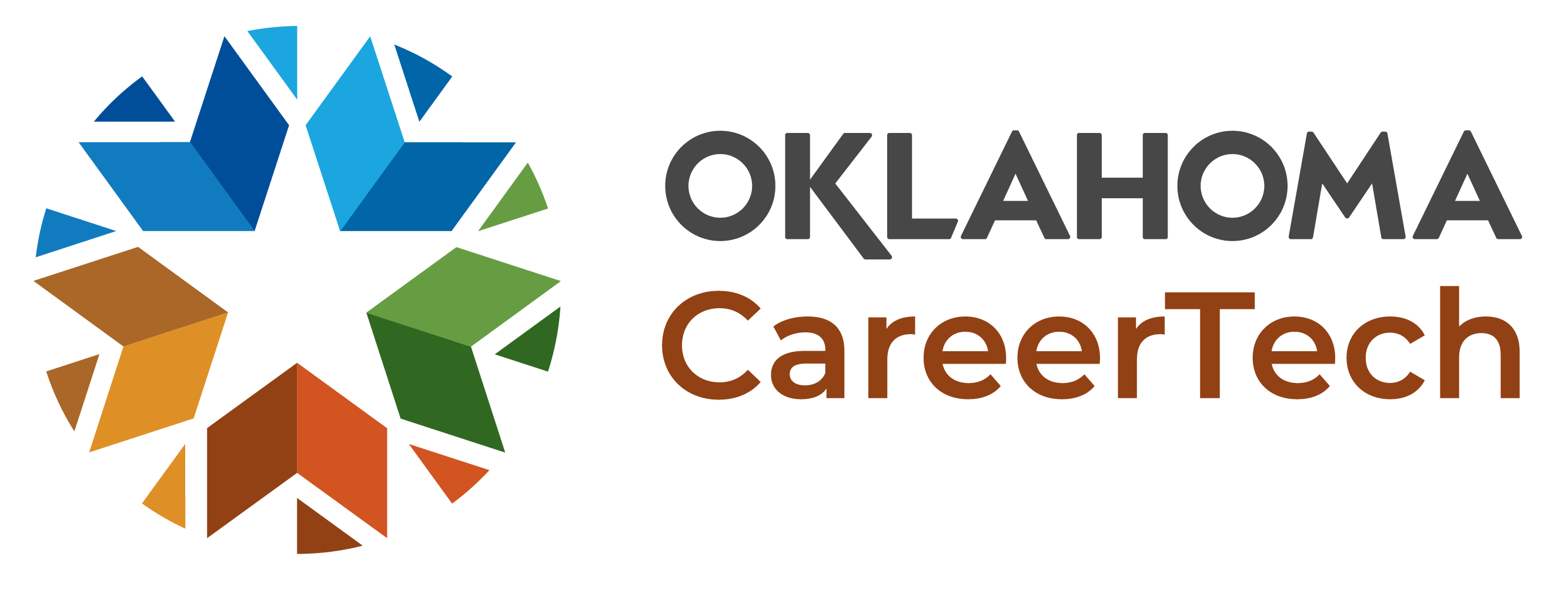Fueling workforce success: The critical need to invest in CareerTech education
By Brent Haken
Fueling workforce success: The critical need to invest in CareerTech education
It’s easy to get lost in the uproar about what’s wrong with education in Oklahoma. Are there issues in education? You bet. But there’s another story—one that’s far too often overlooked. It’s the story of students finding purpose, educators sparking transformation, businesses and communities rallying together to build a brighter future.
Something is going right in Oklahoma education—and CareerTech is a big part of it.
Across our state, students of all ages are gaining skills that matter. They’re learning to weld, to code, to care for patients, to manage projects, and to launch businesses. They’re stepping into the real world with real experience—often before they’ve even graduated high school.
This is what Oklahoma CareerTech does best.
As Gov. Kevin Stitt continues his mission to improve student test scores and enhance educational outcomes across Oklahoma, career and technical education stands as a critical component in achieving these goals. Stitt’s focus on workforce development and increasing apprenticeships aligns with a strong CareerTech foundation. With industries across the state seeking a highly skilled workforce, enhancing CareerTech programs not only boosts test scores but also strengthens Oklahoma’s economy by preparing students for high-paying, in-demand jobs.
As state director of Oklahoma CareerTech, I see success stories every day. A high school junior who earns a professional credential and steps into a job that pays well above minimum wage. A young adult who trains in aerospace maintenance and lands a career with a major defense contractor. A parent who returns to school to gain the skills needed to reenter the workforce with confidence and dignity.
Harleigh Moore-Wilson is an example of how CareerTech can place Oklahomans on a path to success in the workplace and in life.
Growing up in Burbank, Moore immersed herself in raising livestock, competing in junior rodeo and participating in 4-H and FFA. Today, she channels that passion into her consulting firm, Harleigh Moore LLC, strengthening agricultural systems and food sovereignty initiatives for tribal nations across the country.
It was her involvement in FFA at Woodland Public Schools in Fairfax that provided invaluable skills extending beyond the barn.
“FFA played a huge role in shaping me into the person I am today,” she said. “It helped polish my love for public speaking and leadership while giving me countless opportunities to develop teamwork and communication skills.”
This is workforce development in action. And it’s happening right here, right now.
Our state faces serious workforce shortages in key industries—healthcare, manufacturing, transportation, and education, to name a few. CareerTech is bridging those gaps, and the best part is we aren’t finished. We’re aligning programs with employer needs, responding to economic shifts, and building pipelines that prepare Oklahomans not just for jobs, but for sustainable careers. We have to adapt to the changing business climate and growing economy in Oklahoma.
And we’re not doing it alone.
CareerTech thrives on partnerships—with local school districts, higher education, tribal nations, business leaders, and policymakers. These partnerships aren’t just symbolic; they’re producing tangible results. Businesses are shaping the curriculum, driving the outcomes and need the product. Schools are expanding access to career training. Communities are investing in programs that keep talent local.
We have more than 520,000 enrollments each year in Oklahoma CareerTech programs. That’s over half a million Oklahomans actively pursuing opportunity. And that number includes high school students, adults looking to reskill, incarcerated individuals preparing to reenter society, and working professionals seeking advancement.
These aren’t just numbers. These are people. These are futures.
Of course, challenges remain. We must continue to invest in modern facilities, cutting-edge equipment, and the educators who make it all possible. We must ensure that rural and underserved communities have access to the same opportunities as those in more populated areas. We must continue telling the story of what’s working—because it deserves to be told.
There’s plenty of work ahead. But when we talk about education in Oklahoma, let’s also talk about the progress we’re making. Let’s recognize that our students are earning credentials, our businesses are hiring CareerTech graduates, and our communities are growing stronger because of it. I ask you to jump in to be a part of the solution.
This is more than just education. This is Oklahoma’s workforce, our economy, and our future.
And that’s what’s right in Oklahoma education.
For more information about CareerTech programs and where to find them in Oklahoma, go to oklahoma.gov/careertech.
Brent Haken is the state director of the Oklahoma Department of Career and Technology Education.


